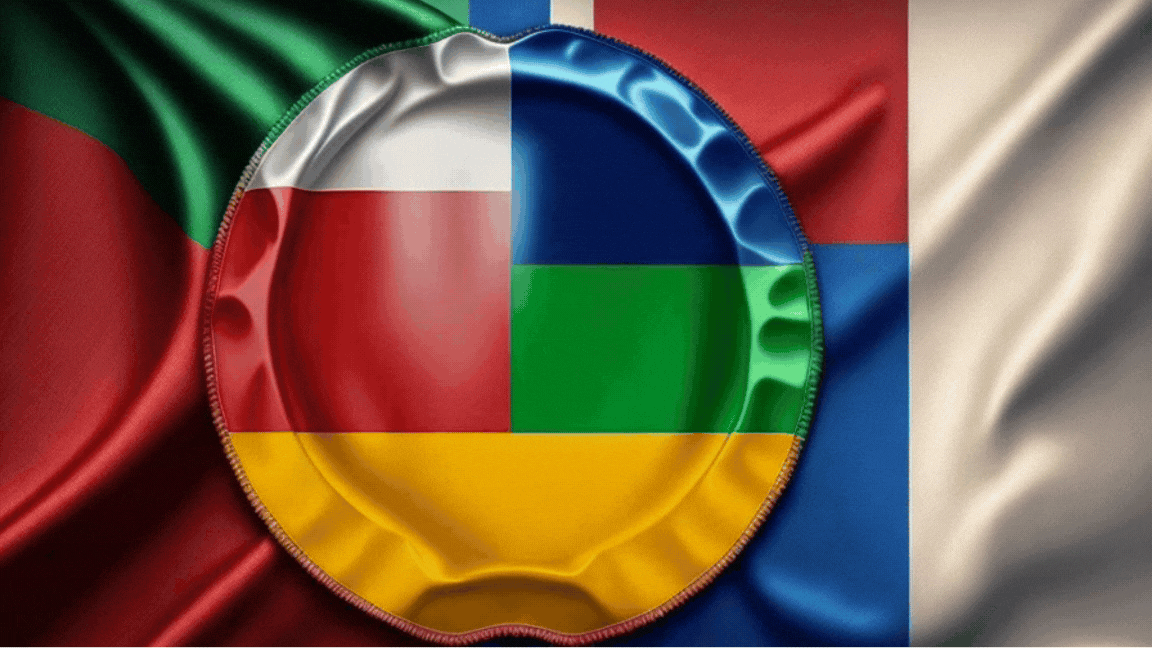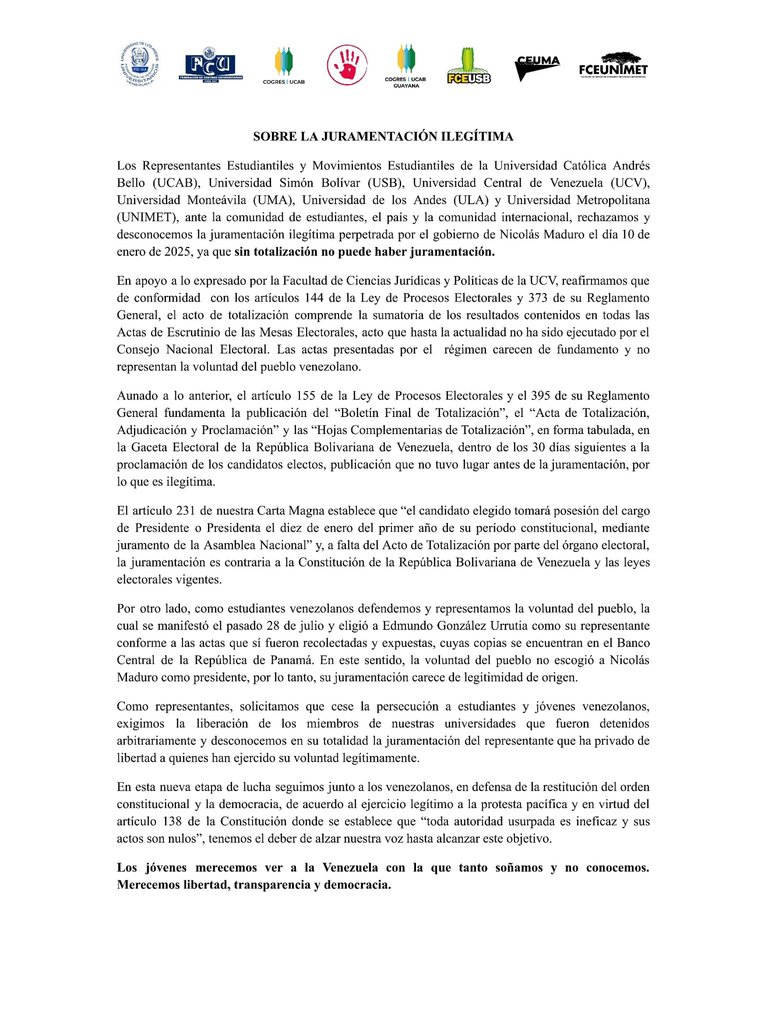The Latin American Report # 418

Ecuador
The murder past Saturday of a mayor in the coastal and troubled province of El Oro has once again shocked a country that lives from massacre to massacre. Just in December Ecuador mourned the loss of four children who were found incinerated after being detained in a confusing military operation. Eber Ponce, mayor of the Arenillas municipality, was riding in a car with a six-year-old boy, the mother of the latter and probably a security agent when he was intercepted by a hitman—on a motorcycle—who put five bullets in his body, including one in the right lung, which was decisive in the fatal outcome. The minor and the agent were wounded. President Daniel Noboa resumed his work at the head of the nation in advance, after suspending a campaign event that was to take place precisely in the city of Machala, capital of El Oro. A coincidence?
The boss of Carondelet said that the murder of Ponce was a “sign that organized armed groups attack the State with more intensity... to generate terror in the population”. In Manta, Manabí province, five men were massacred in a restaurant, taken by surprise by hired killers when they were eating onion steak. The coastal enclaves, mainly Guayaquil, are the most brutal scenarios of the wave of violence sweeping Ecuador, a nation “flanked” by the two largest cocaine producers in the world, especially since the administration of Lenin Moreno. But although the context remains serious, the Noboa administration is credited with a more aggressive stance against drug trafficking destined for European ports such as Antwerp. Last year, Ecuadorian security forces seized about 70 tons more drugs than in 2023, while destroying 302 tons, a performance praised by Washington.
The following happened this past Saturday in Guayaquil 👇
🔴 LO SUUCEDIDO EN SAUCES 6 ES DE TERRONR IMPUESTO POR DELINCUENTES
— tendenciapopular.ec (@tendenciap_ec) January 12, 2025
Sujetos llegan a secuestrar al dueño del negocio, en Sauces 6 norte de Guayaquil, éste los recibe a bala, Pero la reacción de los criminales es terrorífica. pic.twitter.com/lE0wMpxLu9
Electoral hangover
Last Saturday night, the Venezuelan Consulate General in the capital of Portugal suffered an attack with “something similar” to a Molotov cocktail which caused “some damage to the outside shutter” of the building, according to Portuguese authorities quoted by EFE. The Venezuelan government labeled the attack as a fascist act “against the services provided to [its nationals]” in Lisbon, and thanked the Portuguese police for their quick intervention. At the time of publishing our report, the attacker had not been identified. The action comes against a rarefied and tension-charged backdrop following the controversial inauguration of Nicolás Maduro for a third term in the oil-rich nation. Nearly five months after the elections no disaggregated data has been published to support his alleged victory. The opposition has put credible evidence on the table claiming that its candidate, ex-diplomat Edmundo González, clearly defeated Maduro. Yet the reality is that Miraflores is still tinged with red despite international rejection. In any case, the Palácio das Necessidades “vehemently” condemned the aggression against the Venezuelan legation, alleging that “[the] inviolability of diplomatic missions must be respected” under any circumstances.
Meanwhile, student leaders from Venezuelan universities branded Maduro's inauguration last Friday as “illegitimate”. “The will of the people did not choose Nicolás Maduro as president, therefore, his swearing-in lacks the legitimacy of origin,” they said in a statement quoted by EFE. I highlight the fact that among the universities represented in the statement are the public universities “Simón Bolívar” and the Central University of Venezuela, which issued its own statement warning about the political crisis. This tells us that a certain fabric of civil society remains active and not complacent with power, despite emerging from—and to some extent depending on—the State matrix. For example, the Federation of Student Centers of “Simón Bolivar” University quickly and firmly labeled as “electoral fraud” the authorities' performance in the elections of July 28. The relationship between this university and the Government is very tense, with professors denouncing efforts to reduce university autonomy and a dynamic of political persecution inside and outside the university campus. The Spanish agency reports a sort of popular emotional hangover after the controversial investiture, with little commercial activity, low traffic levels, and the continuation of patrols by security forces in certain cities.
 Source
SourceBrazil
Nature seems to be determined to have its way with the South American giant once again, after reports of heavy rainfall in the order of 80 millimeters in the town of Ipatinga, state of Minas Gerais, which has already claimed the lives of at least 9 people this weekend, victims of landslides. I always find it alarming how little capacity the civil defense systems in the region have to prevent loss of life. Last year was particularly catastrophic in terms of natural disasters for Brazil.
Landslides caused by torrential rains in southeast Brazil have left at least 10 people dead, rescue services in Minas Gerais state said Sunday.https://t.co/cDDrdX8YLl pic.twitter.com/CMsrxLTI4o
— AFP News Agency (@AFP) January 13, 2025
And this is all for our report today. I have referenced the sources dynamically in the text, and remember you can learn how and where to follow the LATAM trail news by reading my work here. Have a nice day.

